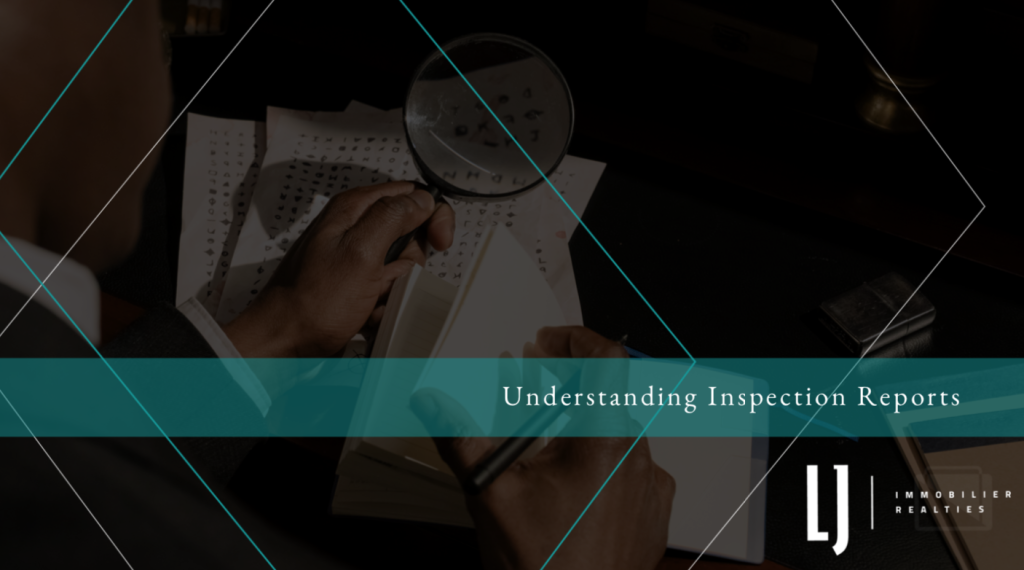
Inspections can be a make-or-break moment along the path to purchasing a property. If you have your report in-hand, this blog is all about helping you decode it.
First off – what is an inspection report? When a buyer’s offer has been accepted, they typically hire a professional to inspect the home and make sure they understand its overall condition. Unpleasant surprises do happen, and an inspector will be able to uncover them for you.
Following this process, the buyer receives an inspection report. It could be anywhere from 30 to 100 pages depending on the inspector, and depending on the issues that were revealed during the inspection.
How to read through an inspection report
This can be a very daunting task; not many people enjoy flipping through a gigantic stack of paperwork. However, it’s imperative that you read it as quickly as possible to understand what’s going on behind the scenes and make a decision based on the facts.
The first key thing to remember is that the report is written from the inspector’s perspective and based entirely on what they saw that day. Things can change over time.
The second thing to remember is that the inspector is there to do a very important job, and they’re always going to everything possible to illuminate the situation. However, when they write the inspection report, they do it with the goal of informing you of as many issues as possible. This helps them avoid getting sued for misrepresenting the property to the best of their ability.
For this reason, inspection reports are often written quite aggressively, if you will. You’ll find a lot of terminology like, “This could potentially be a problem.” Therefore, if need be, you should hire a mason, plumber, electrician, etc. to further investigate.
All this to say, you’re going to see a lot of red flags in the inspection report, but that doesn’t necessarily mean there’s an overwhelming problem with the property. It just means that you have to do further due diligence.
The most important things to remember are the items the inspector mentioned while you were walking through the home with them.
When you were actually at the inspection and seeing the property, did they tell you this was a major issue? Or did they say “Just bring somebody in to fix this – it should be about $100, $200 tops.”
If the inspector mentioned that a certain issue is very typical for a property this age, and that you’ll be able to handle it with minimal effort, remember that. Because when the inspector is walking you through the property, giving you their actual opinion “off-the-record” – that’s what you need to look out for the most.
To sum it all up:
- Make sure you read the report as soon as you receive it
- Attend the inspection yourself to understand the specialist’s most candid thoughts
- Ask your broker about anything you don’t understand (it’s all new to you, but not to them!)
Have more questions about an upcoming or completed inspection? We’ve done this a thousand times! Reach out and we’ll be right there with you.





